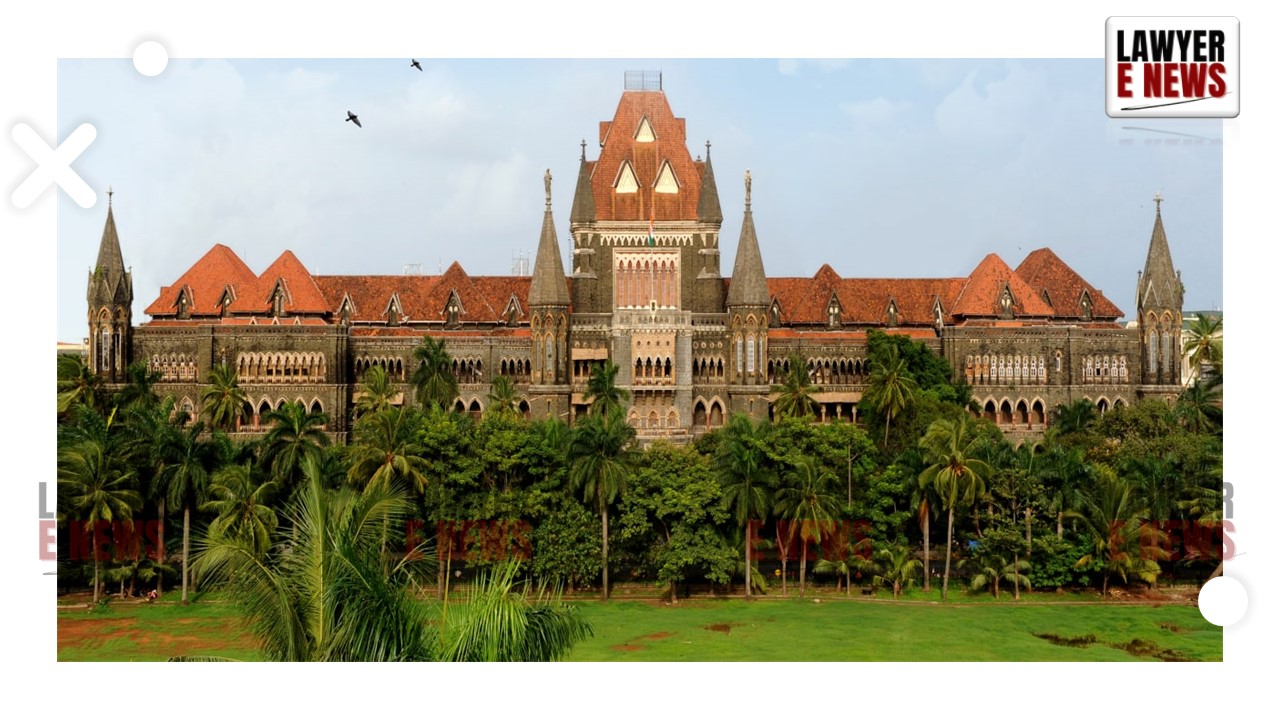-
by Admin
15 February 2026 5:35 AM



“In view of the deceased having suffered 92% burns, it is also doubtful whether she was in a capacity to give multiple dying declarations.” – Justice Abhay S. Waghwase. In a recent judgment, the Bombay High Court at Aurangabad acquitted Mohammad Ejaz, who had been convicted by the Sessions Court in 2002 for abetting his wife’s suicide and subjecting her to cruelty under Sections 306 and 498-A of the Indian Penal Code. The appeal arose from the tragic death of Shahana Begum, who succumbed to severe burn injuries in May 2000. The Sessions Court had convicted Ejaz based on three recorded dying declarations, in which the deceased alleged persistent harassment over suspicions about her character. However, Ejaz’s appeal raised significant concerns about the reliability of these declarations, as well as procedural lapses in the investigation.
The primary issue before the High Court was whether the conviction for abetment of suicide and cruelty could be upheld, given the inconsistencies in the dying declarations and the lack of corroborative evidence regarding Ejaz’s alleged role in his wife’s suicide.
Justice Abhay S. Waghwase highlighted several flaws in the handling of the case, particularly the recording of three dying declarations at different times, none of which were promptly recorded, nor did they contain a certification of the victim’s fitness to make such statements. The victim had suffered 92% burns, raising doubts about her capacity to make coherent declarations. The Court observed, “There is considerable doubt about the veracity and credibility of multiple dying declarations.”
The court scrutinized all three dying declarations, recorded on May 30 and 31, 2000. The declarations varied in the details of the alleged harassment, with the first declaration focusing on suspicions of infidelity, while the later ones emphasized physical abuse without specifying instances. None of the declarations bore a time stamp, and crucial medical endorsements regarding the victim’s fitness to give such statements were missing, leading to the conclusion that these declarations were unreliable.
The court also noted the absence of concrete evidence to establish that the appellant had abetted the suicide. Citing previous judgments, the court reiterated that to convict someone under Section 306 IPC, there must be clear evidence of instigation or incitement, which was lacking in this case. “There must be proof of direct or indirect acts of incitement to commit suicide. Merely on the allegation of harassment, without any positive action proximate to the time of occurrence, conviction would not be sustainable,” the court stated.
Justice Waghwase relied on several precedents, including Laxman v. State of Maharashtra (2002) and Surinder Kumar v. State of Haryana (2011), which emphasize that dying declarations must be free from infirmities and consistent. The court also referred to the recent case of Kumar @ Shiva Kumar v. State of Karnataka (2024), which sets stringent standards for proving abetment to suicide.
The judgment underscores the importance of strict procedural adherence when relying on dying declarations as the sole basis for conviction. The court’s decision to acquit Mohammad Ejaz raises significant concerns about investigative practices in cases of dowry-related deaths and the need for reliable corroborative evidence when convicting under Sections 498-A and 306 of the IPC. The acquittal could influence future cases where dying declarations are contested, prompting courts to demand higher standards of scrutiny and evidence.
Date of Decision: September 10, 2024
Mohammad Ejaz vs. The State of Maharashtra
